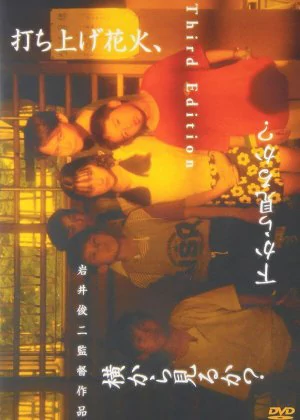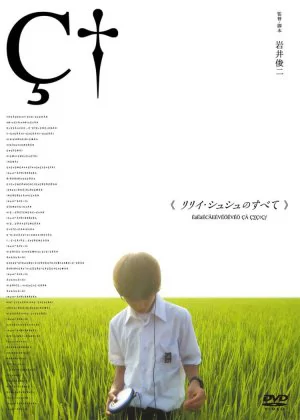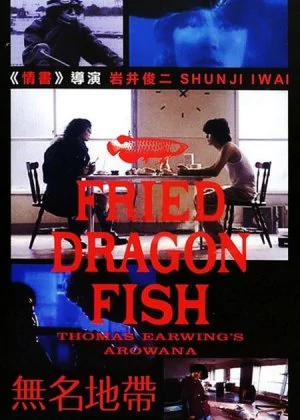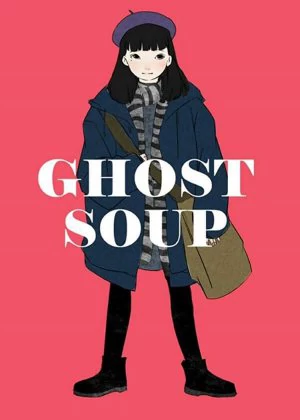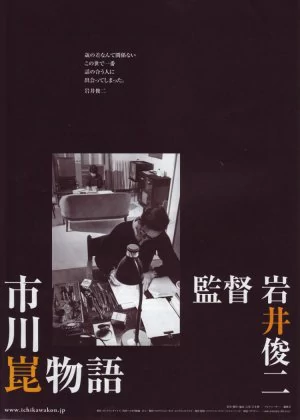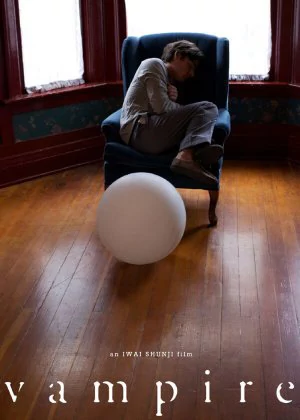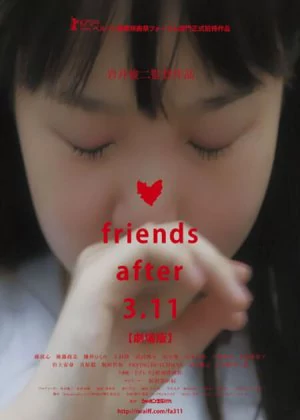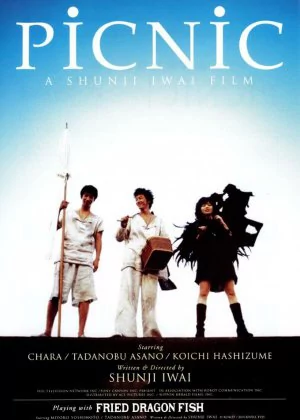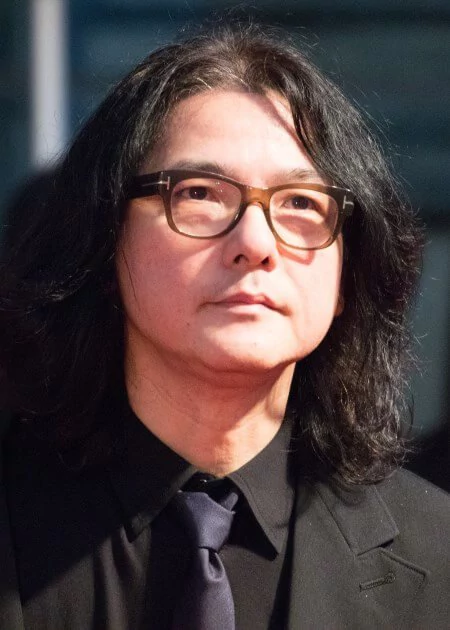
A director who built his career on dreamy, poetic teen dramas. Iwai's style is breezy, effortless and subtle, but rarely without a darker twinge. No doubt one of the essentials of contemporary Japanese cinema, but his films are not for everyone.
Movies
A sublime little drama from Iwai. It's been ages since I last watched it, and I'd forgotten how unique and special this film truly is. From the lovely cinematography to the gentle score, from the soothing drama to the flashes of weirdness and horror, this is Iwai exploring the boundaries of his signature style. Add to that some splendid performances and a killer ending, and you have a sweet, challenging, compact drama that easily stands the test of time.
The Case of Hana & Alice
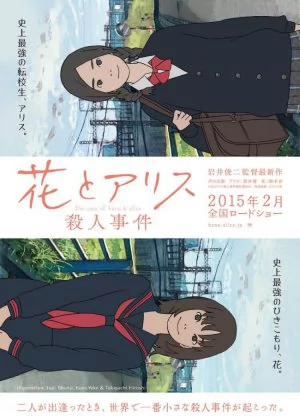
Iwai found the right balance between Japanese live-action drama and the magic of animation. The film looks great, the story is moving, and the characters are quirky but lovable.
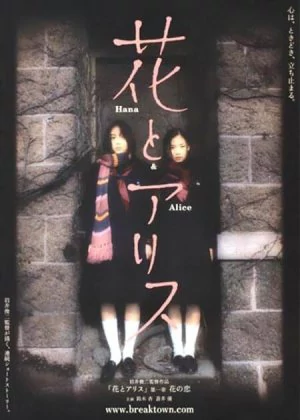
All in all, it's a very sweet, very natural, and naive little film that has charm aplenty and feels particularly short for a film that runs well past the 120-minute barrier.
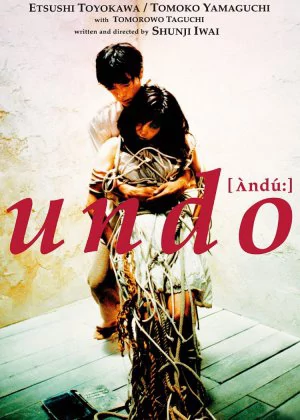
Iwai's early short movies are not to be missed. Undo is a lovely romance, sporting superb performances and boatloads of visual flair. On top of that, the soundtrack is on point and there is no excess whatsoever. The film is trimmed of all the fat, what remains is a slick, touching, and slightly abstract tale about a couple that gets tangled up in their love for each other. Despite its age, this is still a beautiful and poignant film.
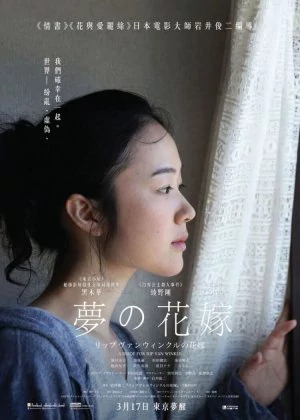
With this film he returns to his core style, picking things up right where he left off back in 2004. Strong acting, an intriguing plot and a warm, dreamy atmosphere make this an easy recommend.
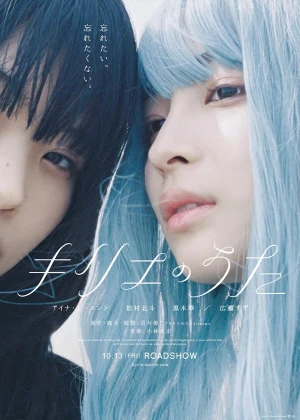
I'm not the biggest fan of Japanese films about bands and singer-songwriters, but if there's one director out there who can do justice to the subject, it's Shunji Iwai. Kyrie is about more than just the ups and downs of a start-up singer, even so, the genre tropes are all there. The performances are superb though, and Iwai's direction is both breezy and profound. There are some stellar scenes to be experienced, and some signature Iwai moments that still pack a punch. Kyrie isn't the most original take on the genre, but it's one of the most proficient and spectacular Japan has ever produced.
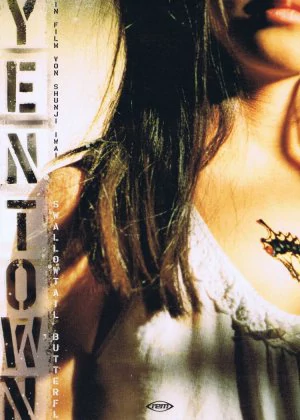
A vibrant and wild trip through an alternative world. One where the yen became the dominant currency and foreigners flocked to Japan to earn a quick buck. It's one of the least typical films in Iwai's oeuvre, but also one of the most interesting. While a little uneven in places, there is so much raw energy here that I had no trouble convincing me of its strengths a second time around.
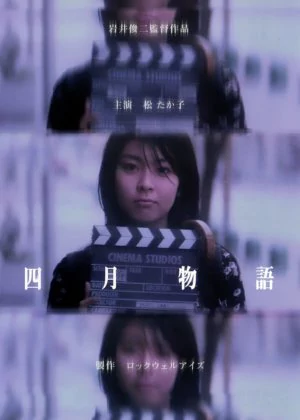
This was one of the first Iwai films I watched when I started my journey into Japanese live-action cinema, so it is safe to say I wasn't quite sure what to expect from this rewatch. It turned out to be a true delight. Iwai uses the short runtime well to serve a very small yet endearing story about a young girl moving to Tokyo to start college. There's a sweetness and a penchant for tiny moments of beauty and bliss that make this film a joy to watch. If you want something short and sweet to get acquainted with Iwai's work, you can't go wrong with this one.
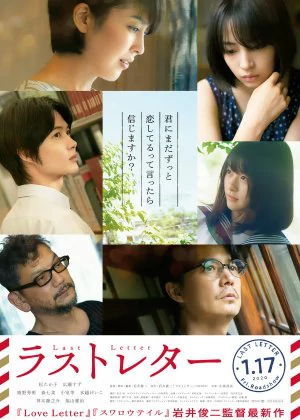
In a slightly surprising turn of events, Iwai decided to remake Last Letter, his first China-based film released just two years ago. This is pretty much exactly the same film, only shot in Japan with a Japanese cast. For that reason alone, it's probably best to leave some time between watching both films. The story hasn't really changed (and is still a bit too convoluted). When Yuri returns from her sister's funeral, she goes to a reunion to inform her sister's classmates. Once there she's mistaken for her sister, and she finds herself incapable of telling the truth. When she meets her sister's first love, things get a bit complicated. Performances are good, with a stand-out parts for Takako Matsu and Suzu Hirose, and a fun cameo from Hideaki Anno. The film looks pristine, with some trademark Iwai shots, the soundtrack is comfy and on point. It's just that the story gets in the way of the atmosphere sometimes, which messes up the pacing.Read all
The 12 Day Tale of the Monster that Died in 8
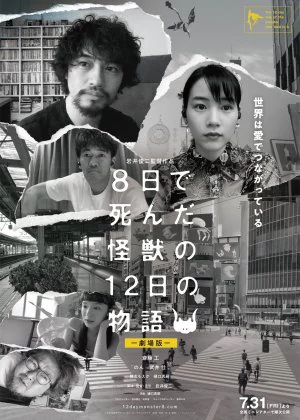
Iwai's take on screenlife cinema. Some parts of The 12 Day Tale of the Monster that Died in 8 were exactly what I was expecting from this odd combo, but Iwai has a few surprises up his sleeve. The biggest one being that this is effectively a core comedy, built on a slightly fantastical premise. Made up of Zoom calls, YouTube videos and moody black and white segments in the near-empty streets of Tokyo, the COVID-19 atmosphere is tangible. It's a rather absurd premise, especially for people not familiar with Japan's kaiju history. Iwai's deadpan approach is delightful though and the DIY vibe works in favor of the film. There are some more arthouse-like moments (the modern dance sequences - beautifully realized) and the message at the end is a bit heavy-handed, but overall this was a very light, fun and inventive little film. Comes well recommended for fans of Iwai's work, but some familiarity with kaiju culture is necessary to enjoy this film to its fullest.Read all
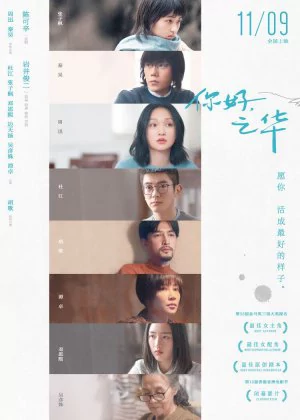
Shunji Iwai in China. Last Letter is certainly better than his American adventure, but it doesn't quite match his prime Japanese work. The drama is fine, but there's a little too much intrigue and not enough time to delve into the core drama. The acting is great though and there are some pretty shots scattered throughout the film. A solid entry in Iwai's oeuvre, but he's made better films.
New York, I Love You
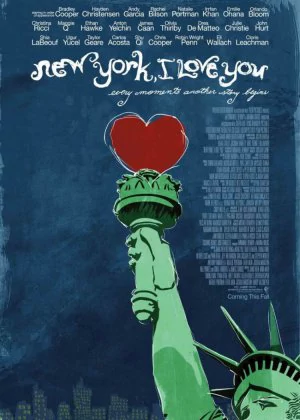
Jam Films
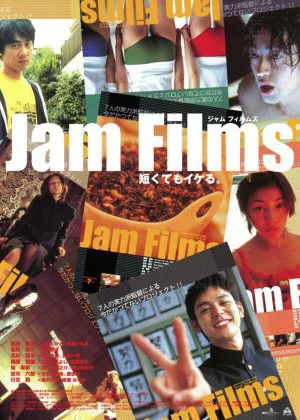
The Jam Films anthology is worth exploring if you like contemporary Japanese cinema. This first one isn't the best of the bunch, but it features some big-name directors and offers a nice variation of themes and styles. It's certainly not the most consistent anthology, nor the most creative, but there are some nice shorts on display. I liked the mix of different genres, though it lacked one or two shorts that tried to do something entirely different. Most directors remained within their comfort zone and delivered something predictable. That's not what anthology films are about, on the other hand, there weren't any weak entries either. Good fun.Read all
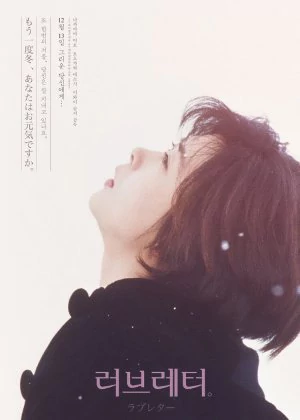
Fireworks, Should We See It from the Side or the Bottom?
